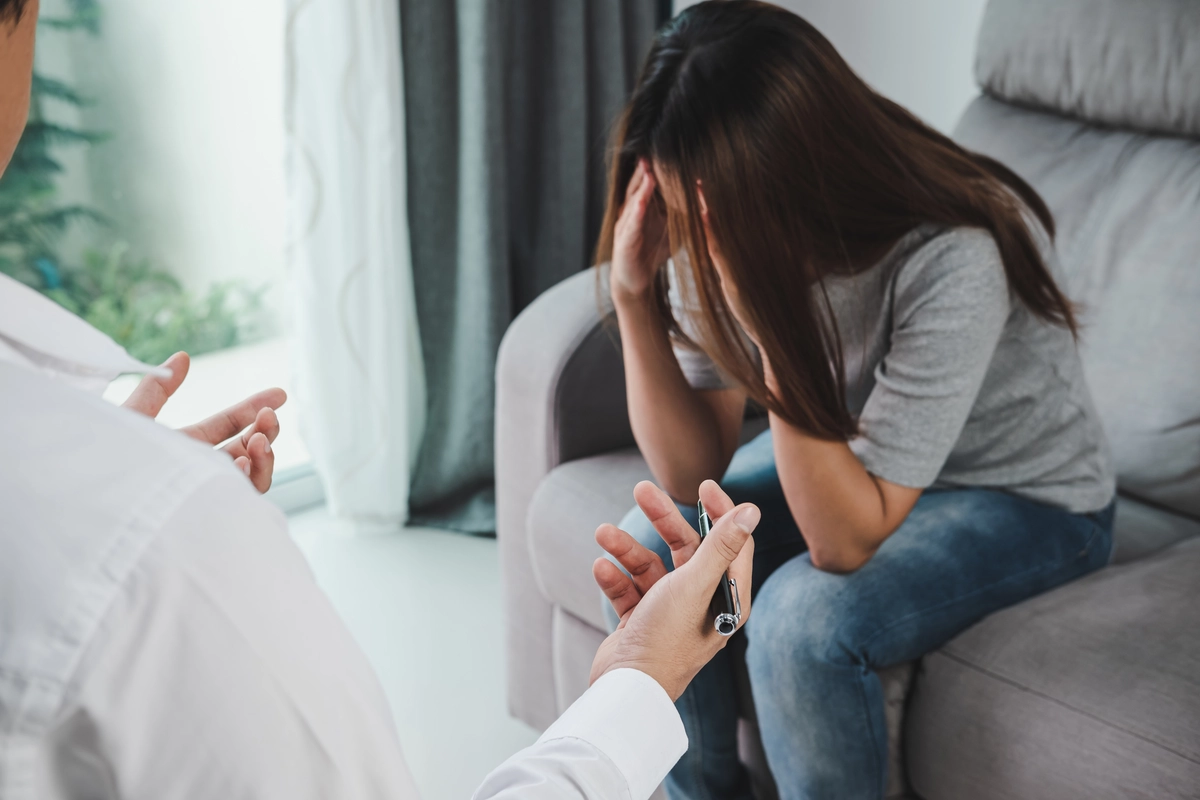24/7 Helpline:
(866) 899-221924/7 Helpline:
(866) 899-2219
Learn more about Bipolar Disorder Treatment centers in Northboro
Bipolar Disorder Treatment in Other Cities

Other Insurance Options

BlueCross

PHCS Network

MVP Healthcare

Kaiser Permanente

United Health Care

MHNNet Behavioral Health

WellCare Health Plans

Horizon Healthcare Service

Lucent

Carleon

Humana

Ceridian

Group Health Incorporated

American Behavioral

Coventry Health Care

Absolute Total Care

Cigna

Ambetter

Premera

Molina Healthcare










Zion Recovery
Located in Clarinda, Iowa, Zion Recovery offers alcohol and drug rehab services. They provide reside...

Waubonsie Mental Health Center
Waubonsie Mental Health Center is a private rehab located in Clarinda, Iowa. Waubonsie Mental Health...

























































Waubonsie Mental Health Center
Waubonsie Mental Health Center is a private rehab located in Shenandoah, Iowa. Waubonsie Mental Heal...

























































